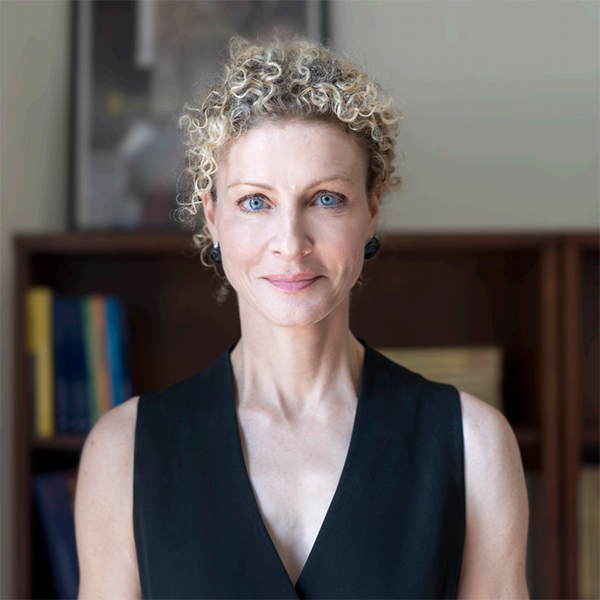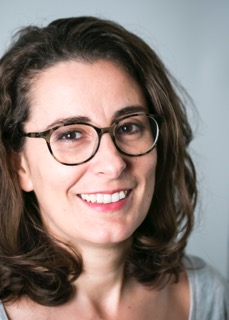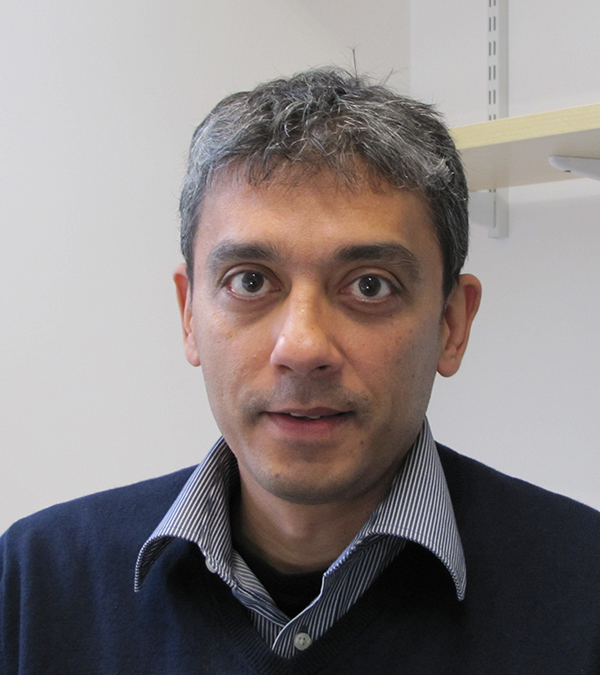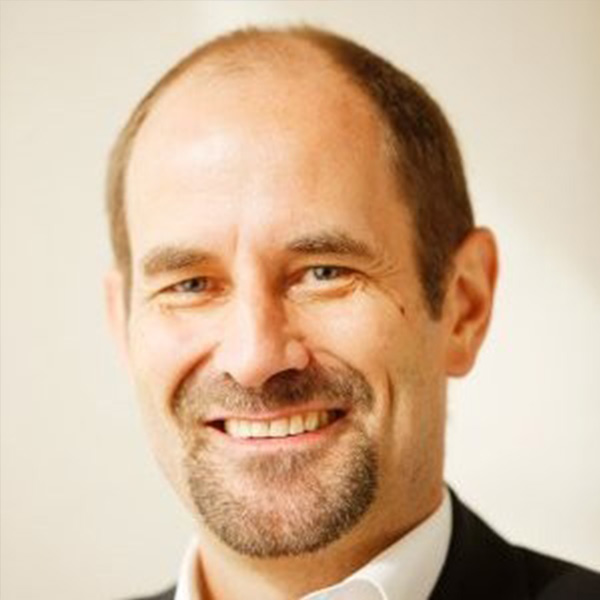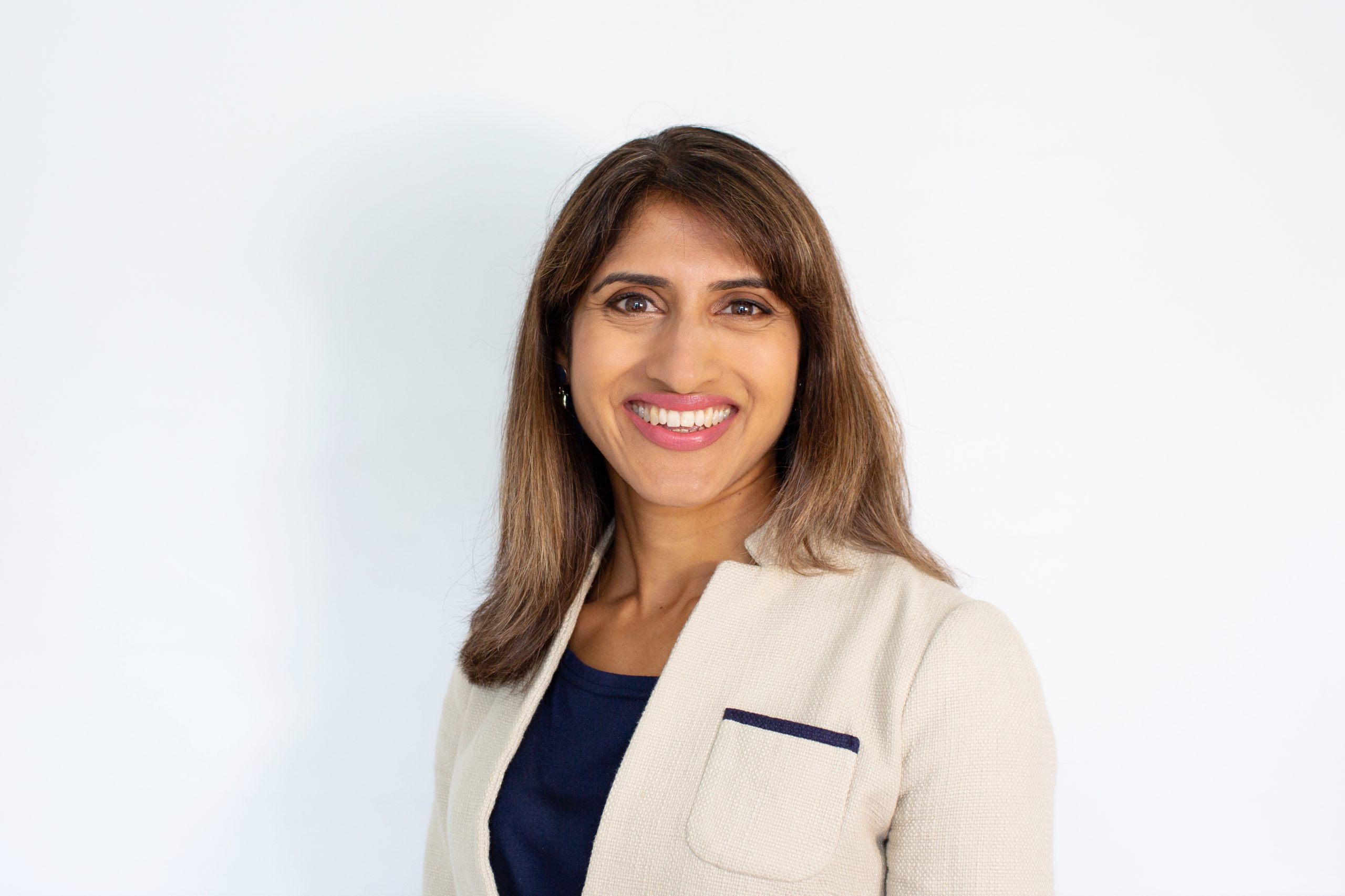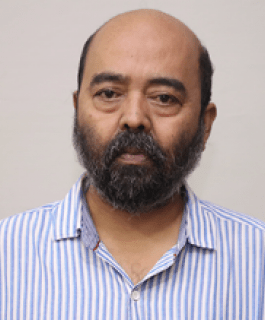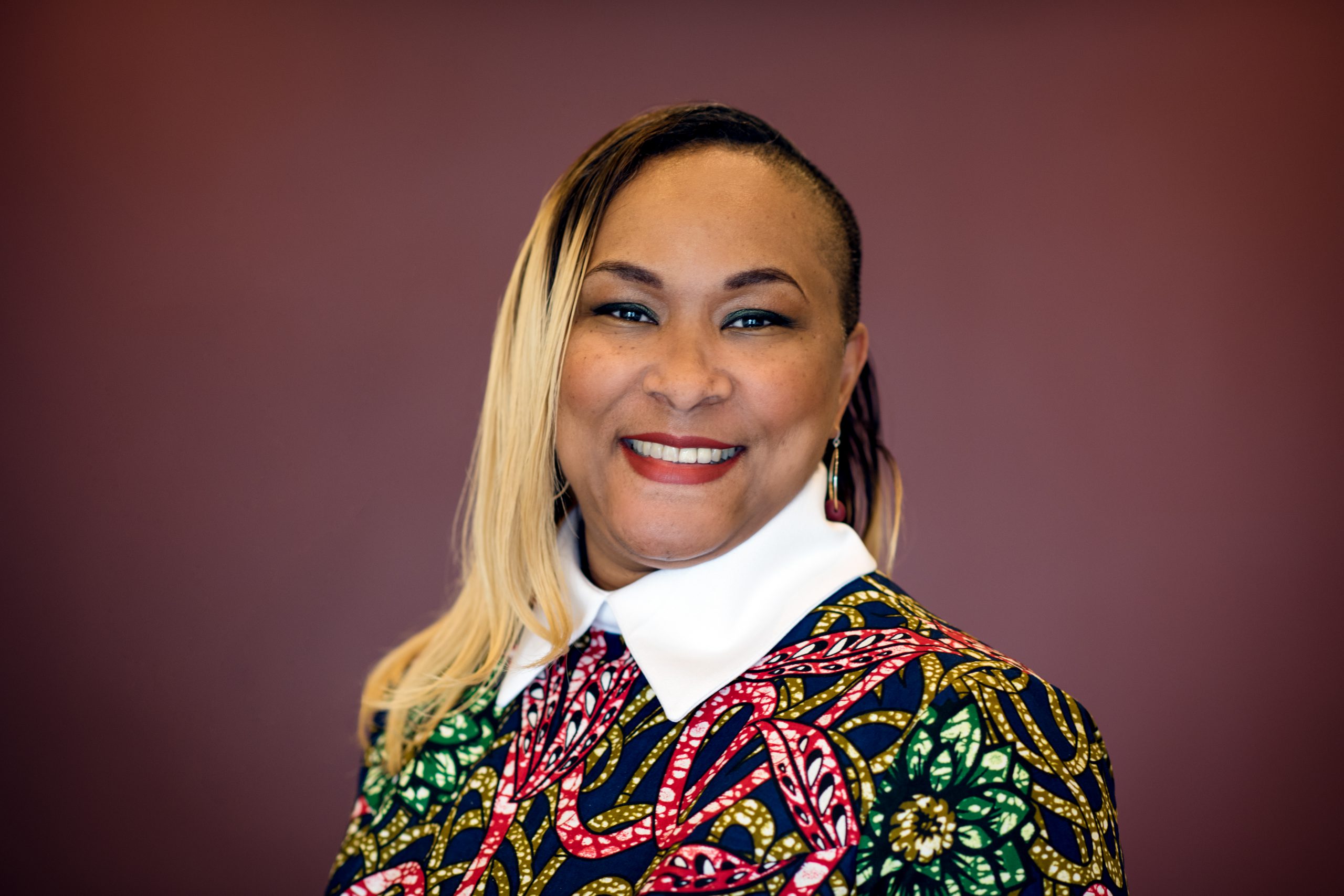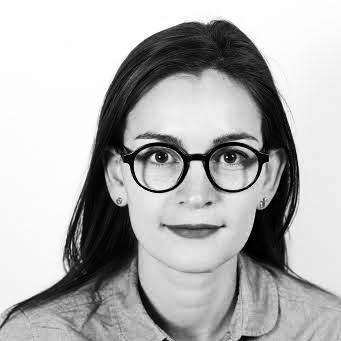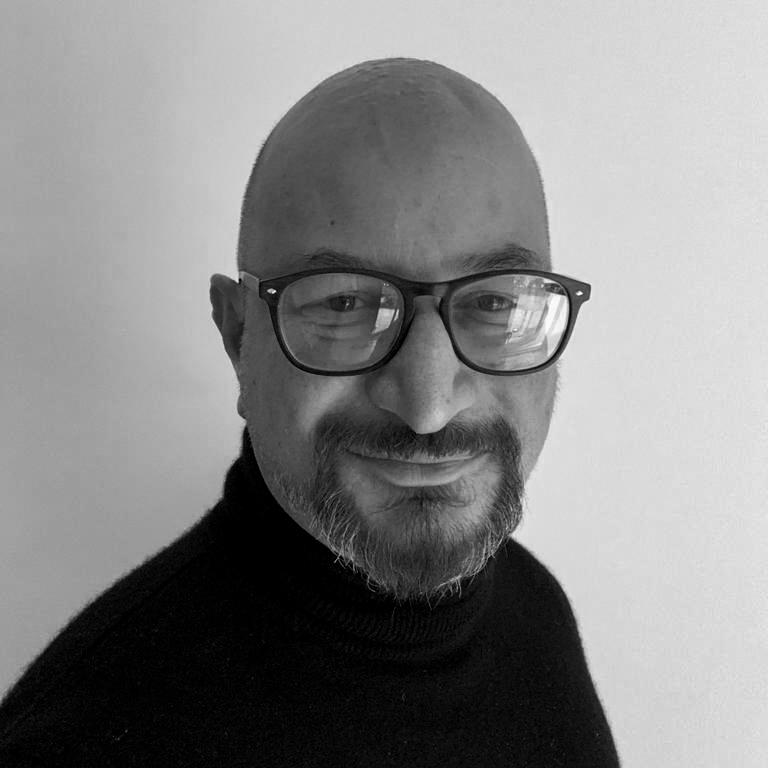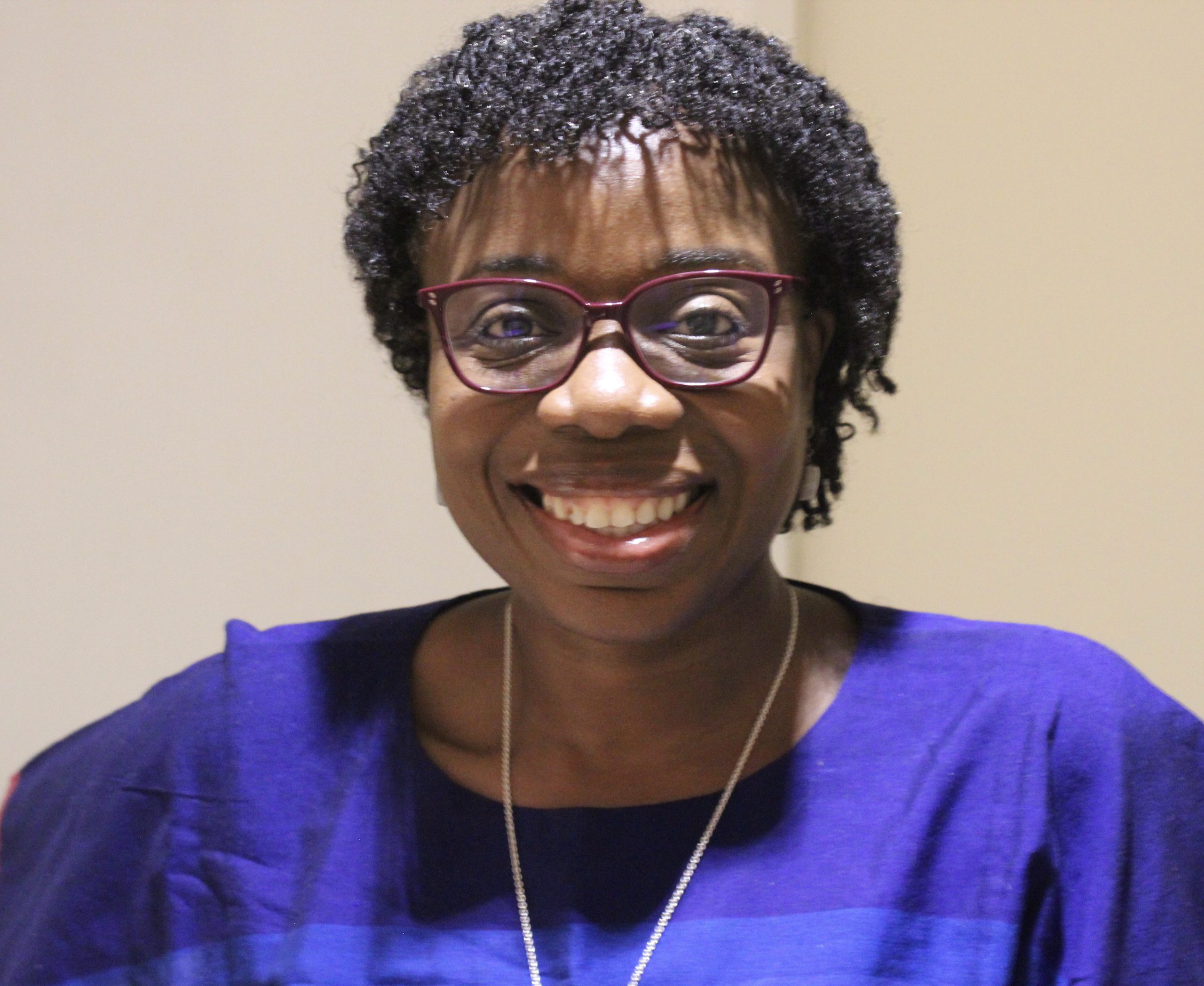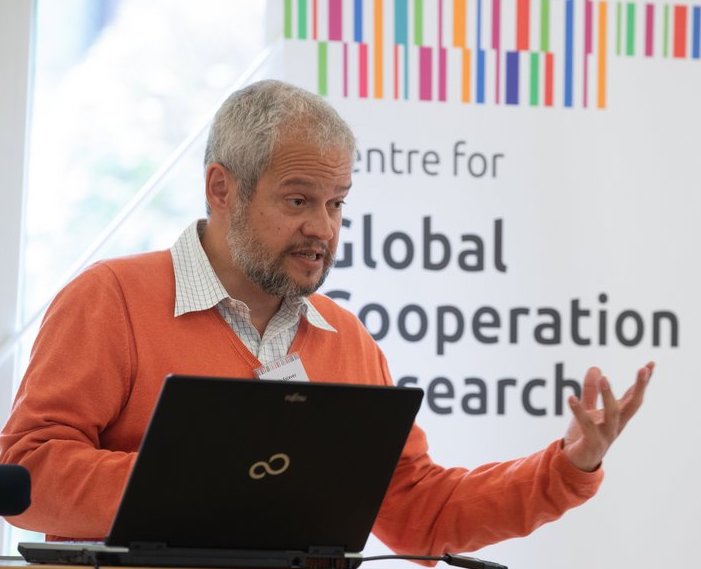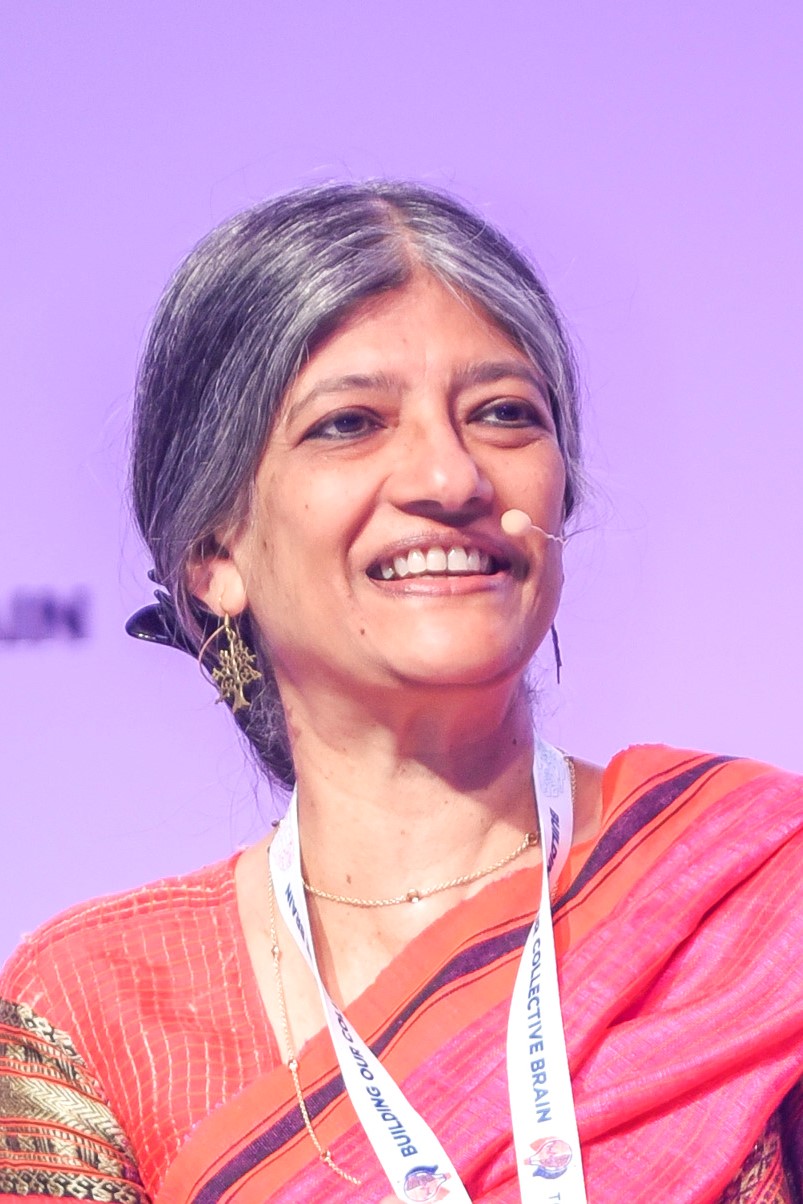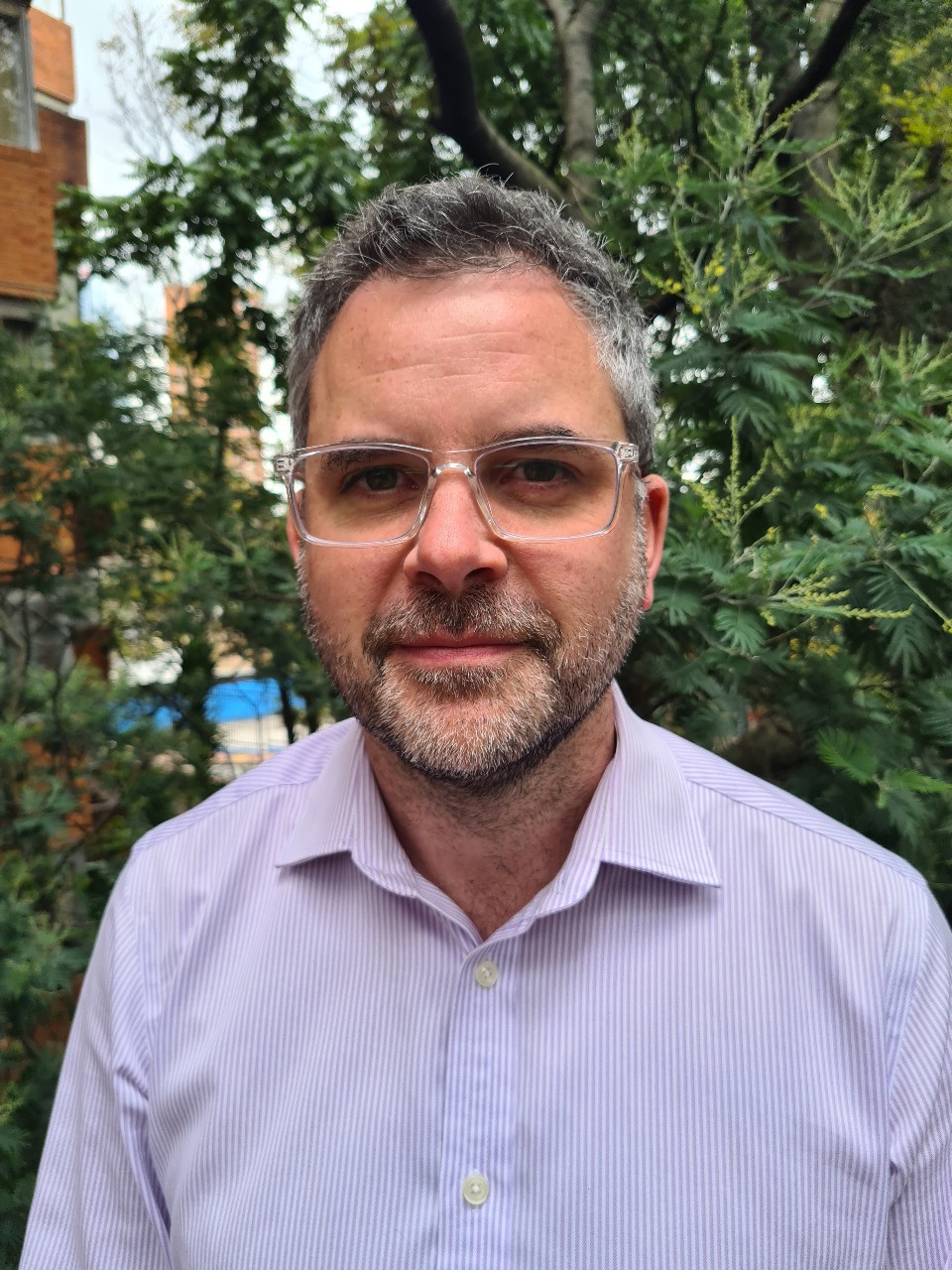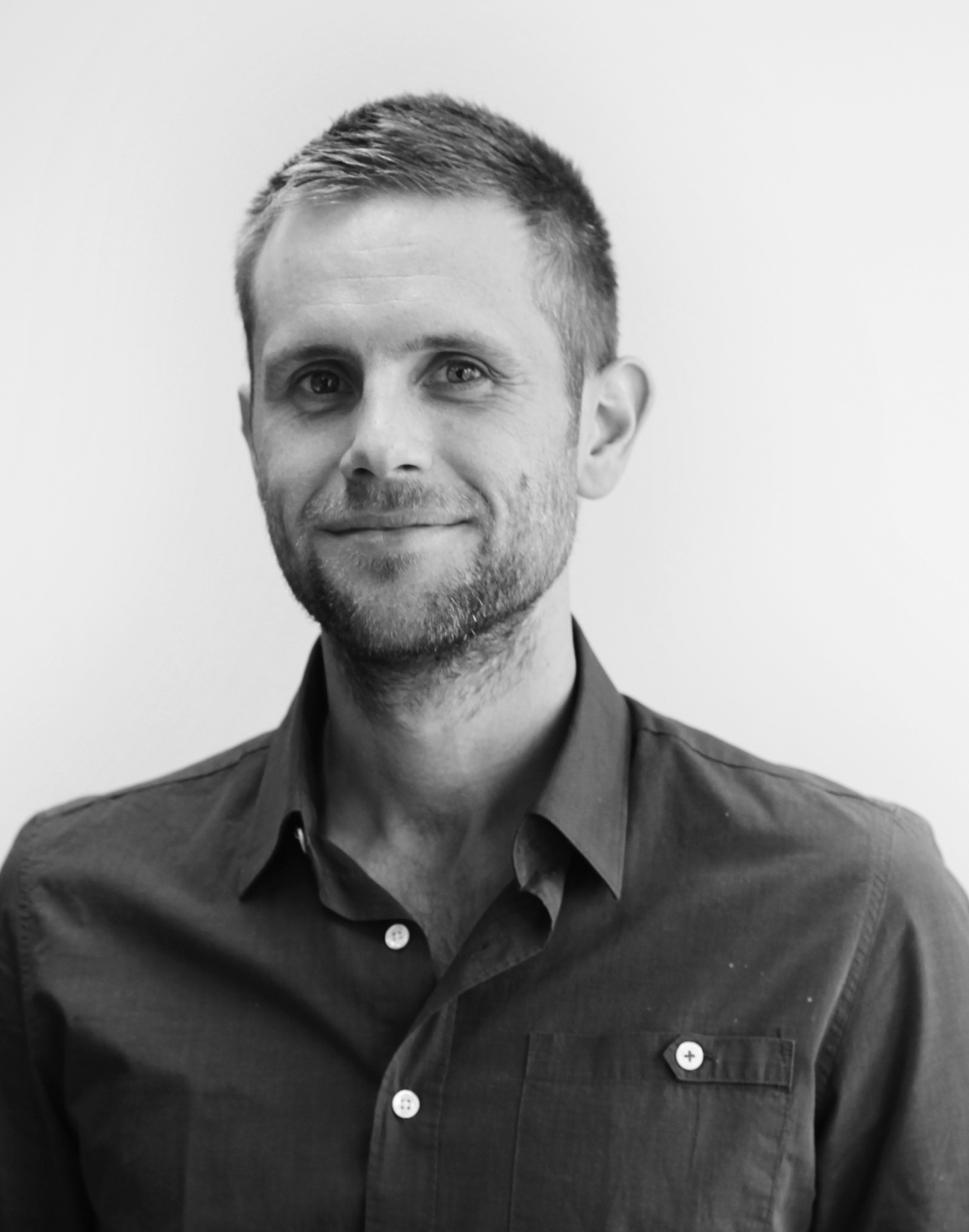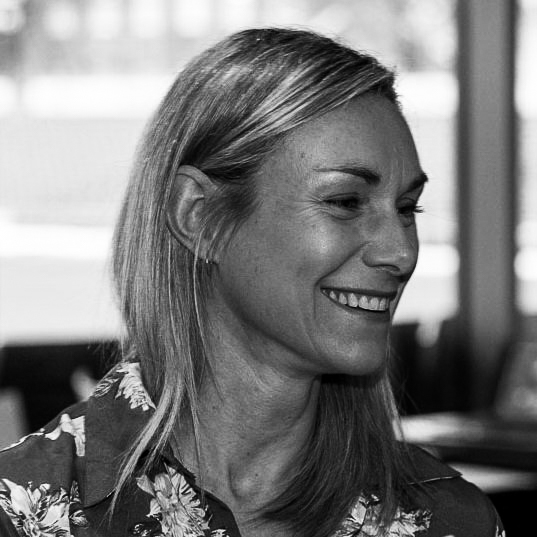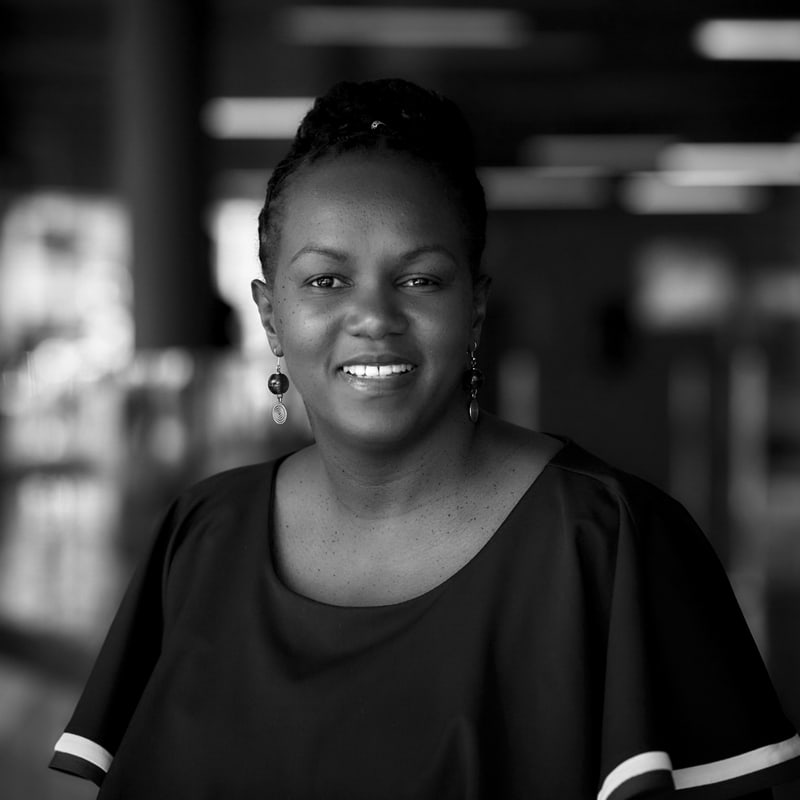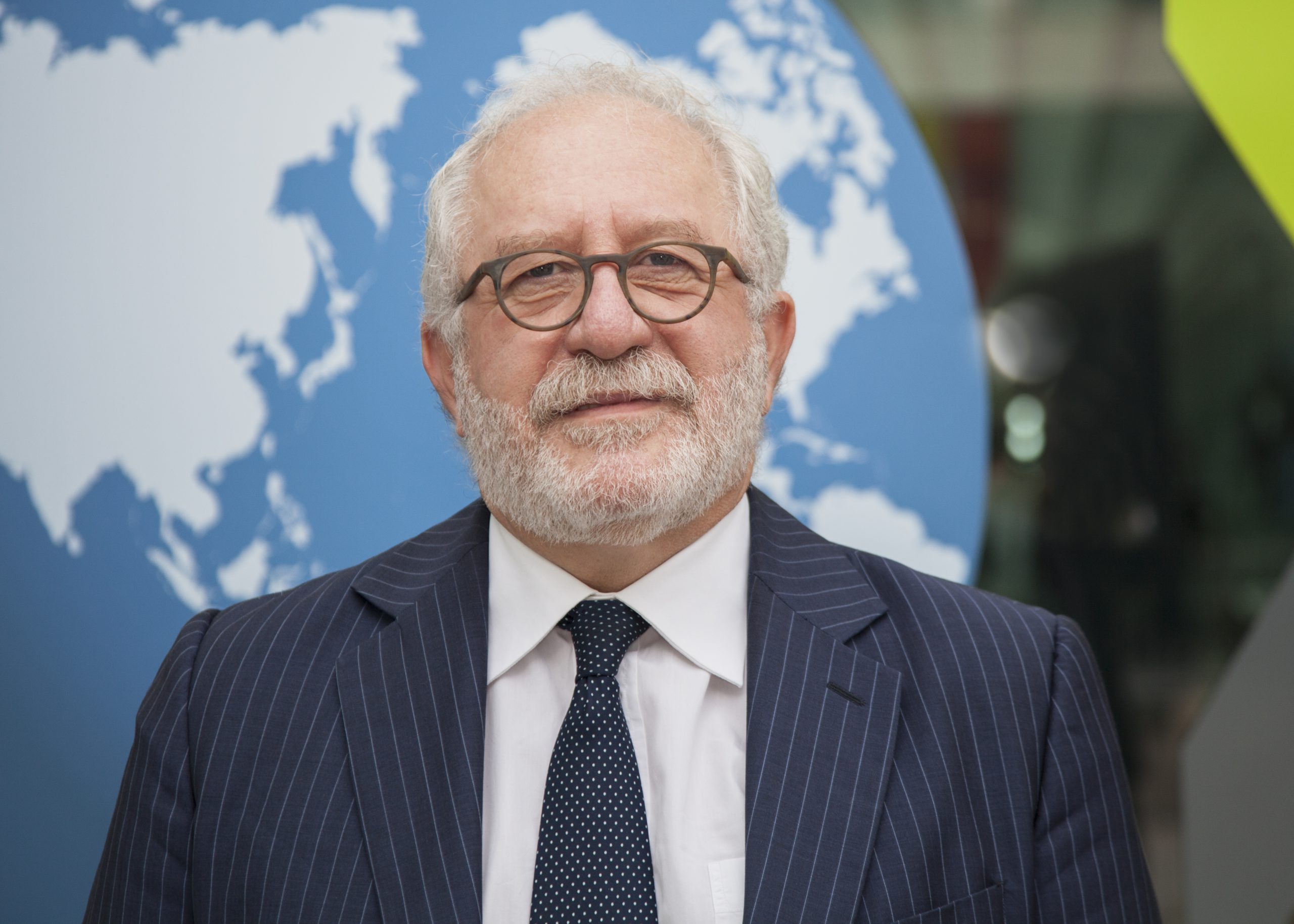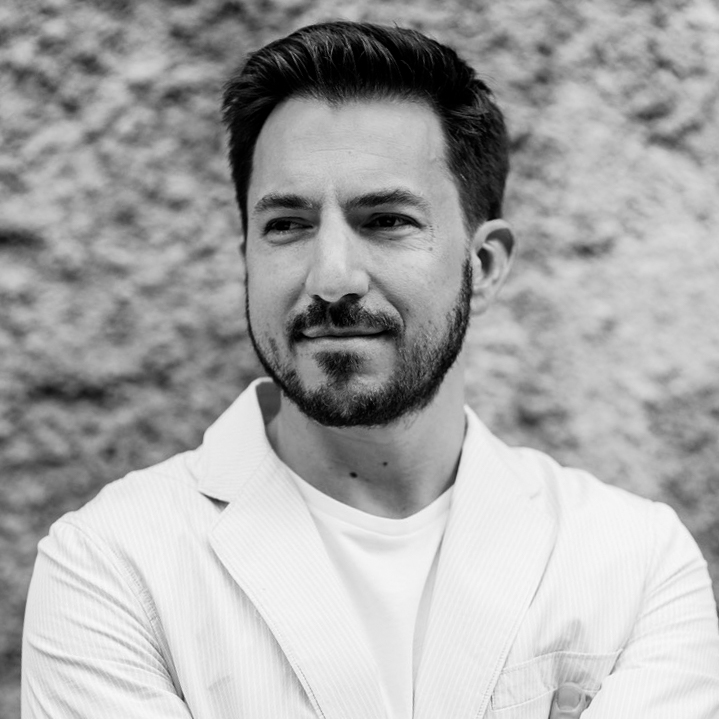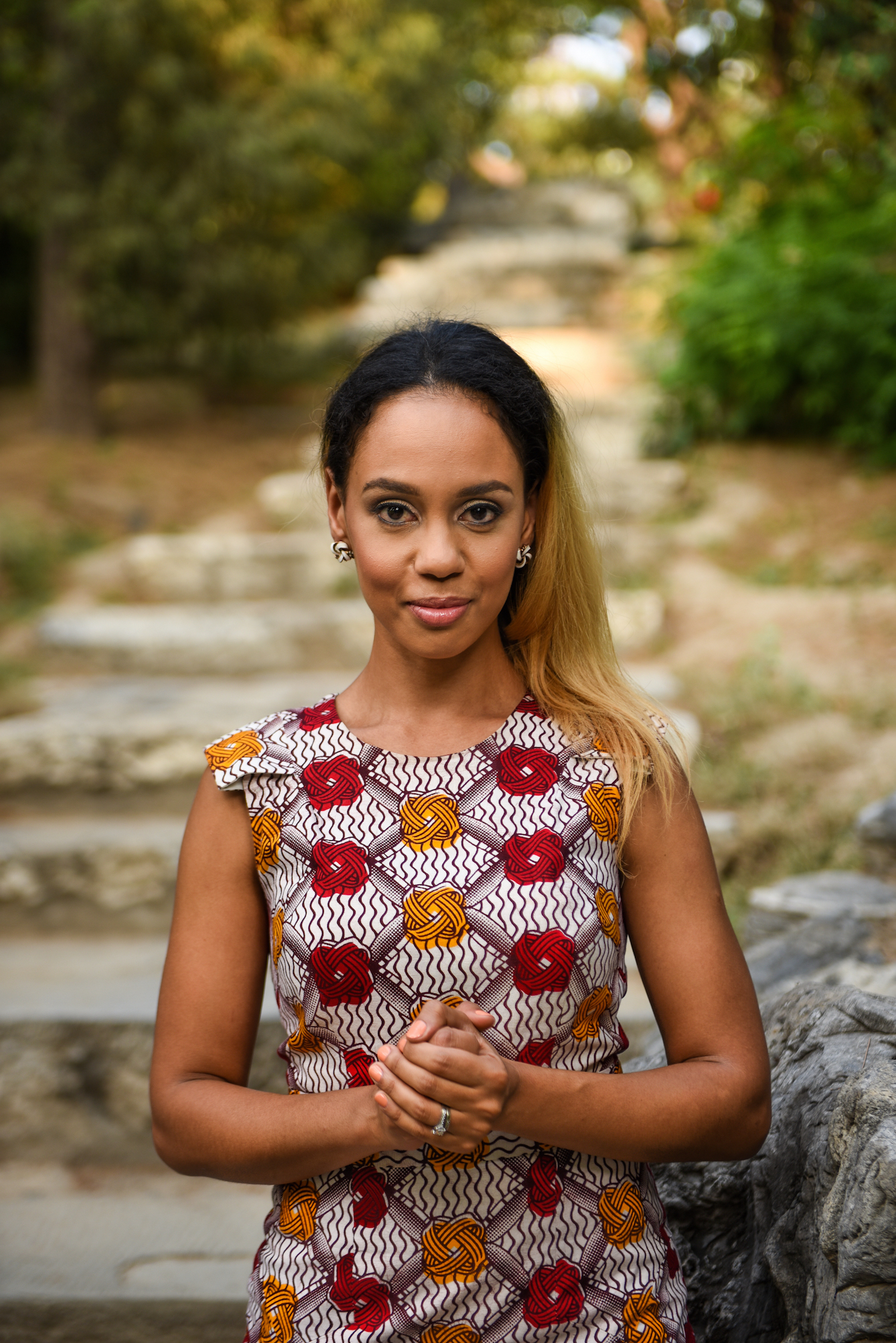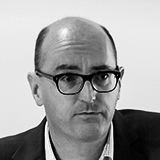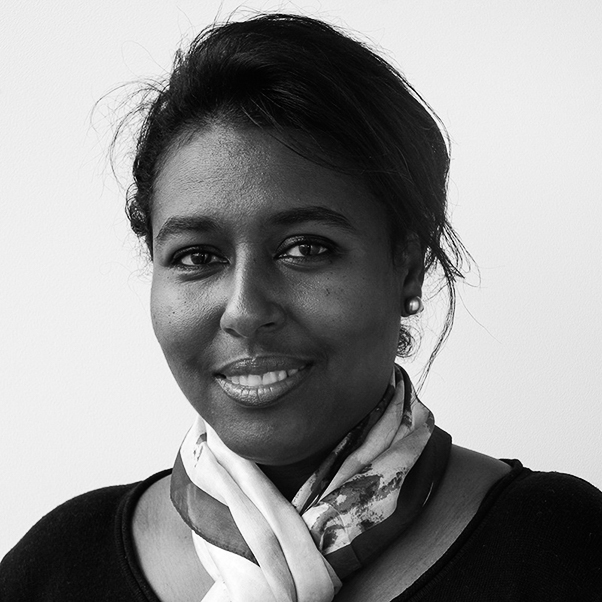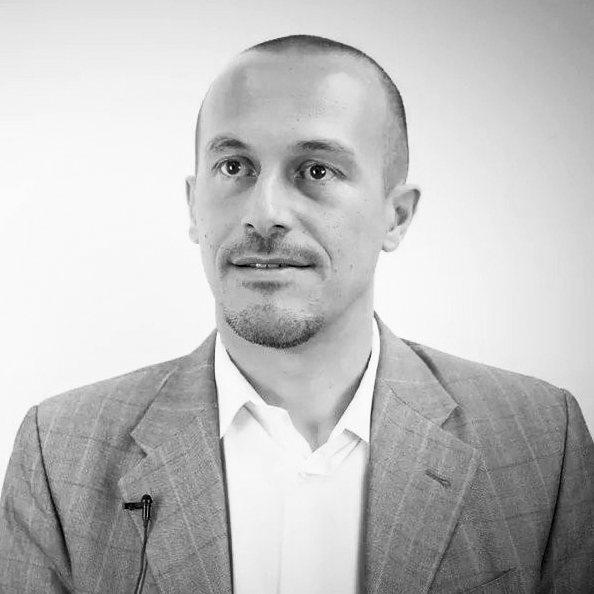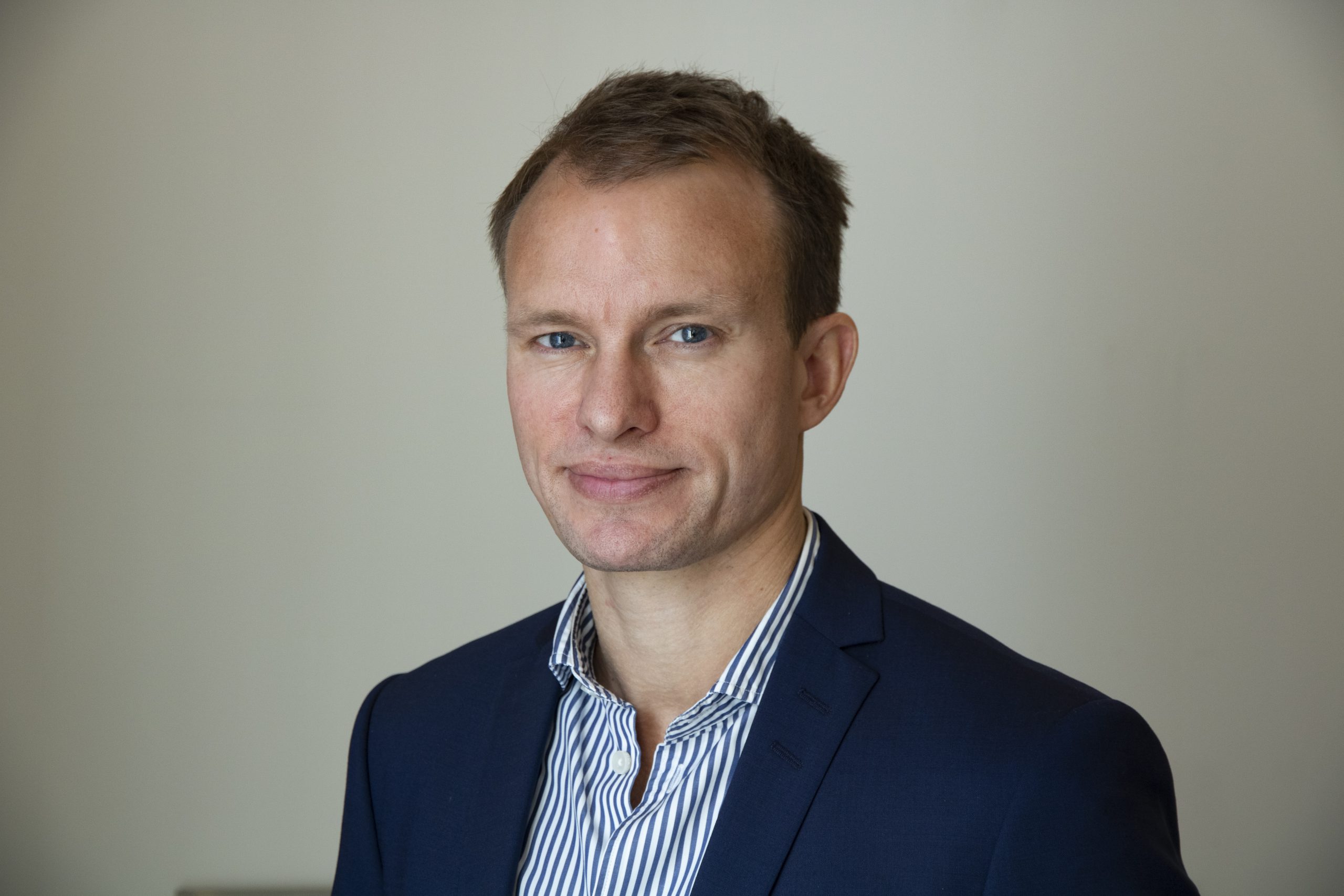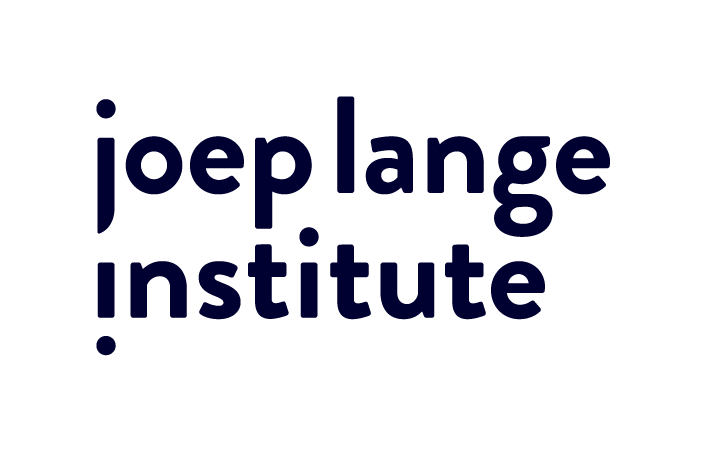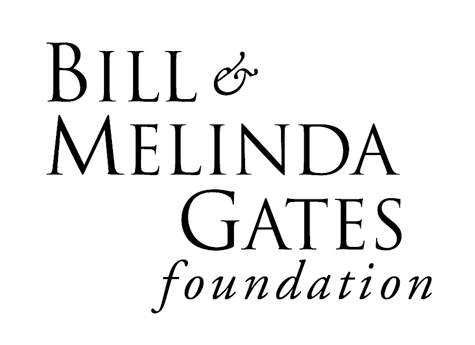Solange Baptiste is Executive Director of the International Treatment Preparedness Coalition (ITPC). She leads community activists and allies across the globe to deliver ITPC’s mission to enable people in need to access optimal and affordable HIV treatment through treatment education, demand creation, community-based monitoring and interventions to make medicines more affordable. Solange has over 15 years of global program management and advocacy experience and specialises in monitoring and evaluation. She has a depth of knowledge in social epidemiology, health financing and community systems strengthening in the developing world through her work on USAID/PEPFAR health and development, bilateral and multi-county projects across Africa and Asia. She earned a Bachelor of Science in Biology from Tuskegee University and her Master of Science in Population and International Health from the Harvard School of Public Health. Solange is committed to ensuring that the voice of affected communities contributes to and influences the decisions and policies that affect their lives.

